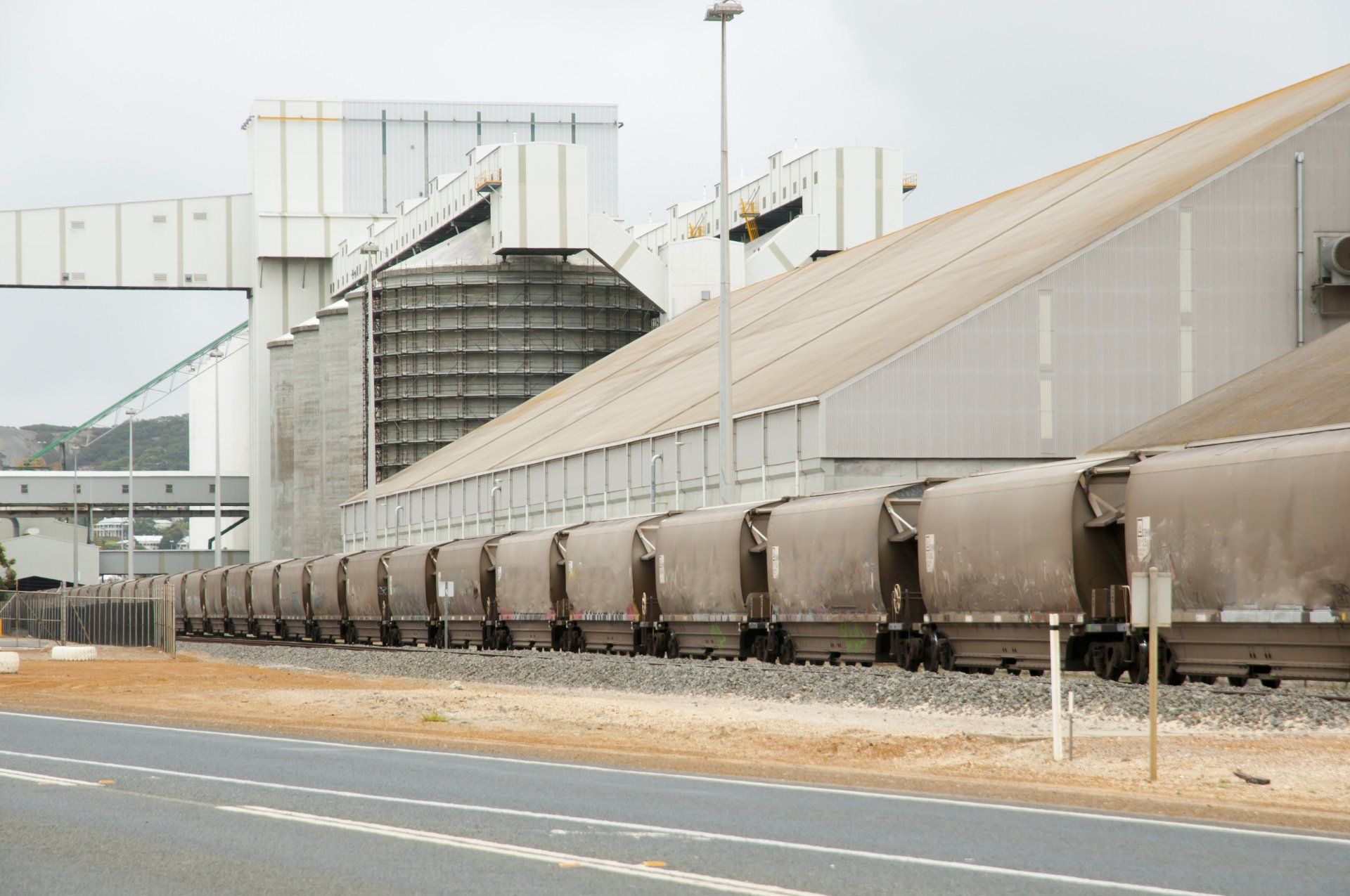1MG FlippingBooks
Labor announces inquiry into inland rail supported by NSW Farmers
Anthony Albanese, Shadow Minister for Infrastructure, Transport, Cities and Regional Development, today announced that a federal Labor government would conduct an inquiry into the planned inland freight rail project connecting Melbourne and Brisbane via regional Victoria, New South Wales and Queensland.
The project, which aims to enhance supply chains and connect regional Australia to major domestic and international markets by 2025, has attracted criticism for the route that has been selected and its financing arrangements.
Albanese announced that while the Labor party supports the inland rail project, if Labor were to win the upcoming federal election, an ‘eminent Australian’ would be appointed to conduct a transparent and independent inquiry into the integrity and efficacy of the project.
The NSW Farmers Association has welcomed Albanese’s announcement, raising concerns about the project’s impact on farmers and the actual benefits it will deliver for regional communities.
“NSW Farmers has been calling for the Australian government to commission an independent, open and transparent inquiry into inland rail for more than year,” said NSW Farmers President James Jackson. “At every turn, the Coalition government has refused to conduct an inquiry, preferring to press ahead in the face of deepening community opposition to the project.
“Labor’s announcement today provides regional communities affected by the inland rail with a real choice. With the Nationals, to date, refusing to conduct an inquiry, it seems the only way our members and regional communities affected will get answers is with the election of a Labor government.”
Of chief concern for NSW Farmers is the fact the planned route between Narromine and Narrabri will go through 300 properties rather than use the existing rail corridor.
“An inquiry will give communities impacted by the railway the opportunity be heard – something that they have been denied for far too long under the present government,” said NSW Farmers’ Inland Rail Taskforce Chair, Adrian Lyons. “This project is simply too important for the concerns of impacted landowners and communities to be ignored.”
You can find out more about the Inland Rail by clicking here.

















